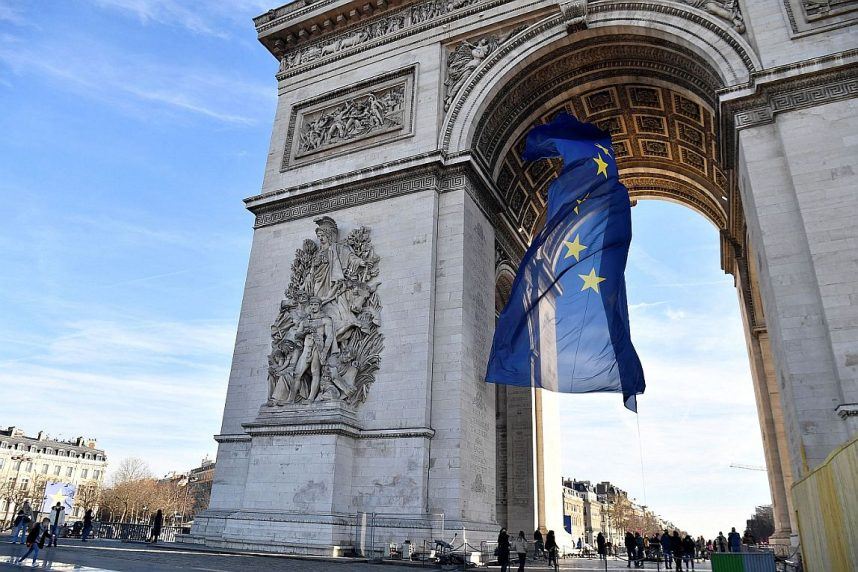European Gaming Regulators are Joining Forces to Standardize Oversight
[ad_1]
Posted on: June 14, 2023, 03:17h.
Last updated on: June 14, 2023, 02:15h.
Standardized regulations across the board would make things a lot easier for the gaming industry. While that doesn’t seem likely at various political levels around the world, gaming regulators are increasing their collaboration to facilitate change.

If gaming operators, suppliers, and developers were able to follow a single set of guidelines, they contend they would be in a better position to help the industry thrive. This would reduce the amount of red tape they have to cut through and help regulators more swiftly ensure compliance.
For many reasons, including the absence of a standardized definition of gambling, creating unified regulations is a long way off. New partnerships between the gaming regulators of various European countries show what happens when authoritative bodies decide to come together and work toward a common goal.
France, Belgium Come Together
A newly signed agreement between French and Belgian gaming regulators will enable them to collaborate on their regulatory efforts by exchanging information. The aim of this partnership is to boost the gambling industry in both countries through strategic collaboration. The agreement was fully executed at the recent European Gaming Regulators Forum.
France’s gaming regulator, the National Gaming Authority (ANJ, for its French acronym), and the Belgian Gaming Commission (BGC) will work jointly, collecting information to produce reports together. Furthermore, they have committed to notifying one another if there are any regulatory modifications that may arise.
Currently, the exclusive collaboration contract can be found (in French only) on the BGC webpage. The said file has been signed by Isabelle Falque-Pierrotin and Magali Clavie, the respective leaders of the ANJ and BGC.
The Gambling Regulators’ European Forum recently announced the appointment of Falque-Pierrotin to serve as its chair. The organization’s primary goal is to help shape universal gaming policies across Europe, and her appointment will help strengthen that commitment.
UK and Malta Join Forces
Elsewhere in the European gaming industry, the Malta Gaming Authority (MGA) has connected with the UK Gambling Commission (UKGC). A statement by the MGA indicates that they’re working on collaborative efforts to enhance oversight of responsible gambling and integrity in sports.
UKGC CEO Andrew Rhodes and Executive Director for Operations Kay Roberts recently visited Malta on a short trip. There, they sat down with MGA CEO Carl Brincat and Chief of Policy and International Affairs Kinga Warda to discuss their shared agenda.
The two regulators already have an established relationship. This will now be reinforced by additional collaboration between their respective responsible gambling divisions. They also plan on opening wider communication channels with regard to match-fixing and anti-money laundering procedures.
During the meeting, the MGA also touched upon its work with distributed ledger technology (DLT) and virtual tokens, though it didn’t detail the outcome of the conversation. The MGA launched a sandbox to explore DLTs and tokens in the gaming sphere late last year.
The two regulators hinted at the possibility of signing a memorandum of understanding at some point. This would “formalize” their relationship and lead to greater collaboration on the creation of standardized regulations.
At the end of May, the Gaming Commission of Ghana visited Malta and met with the MGA as well. The goal was “fostering collaboration and sharing best practices in the field of gaming regulation and supervision,” according to the MGA.
Ghana wants to adopt the MGA’s gaming regulatory framework for use in the West African country. This would also potentially help lead toward the creation of a unified and global gaming playbook. However, it’s going to take more than collaboration between a handful of countries for that to work.
[ad_2]
Source link
